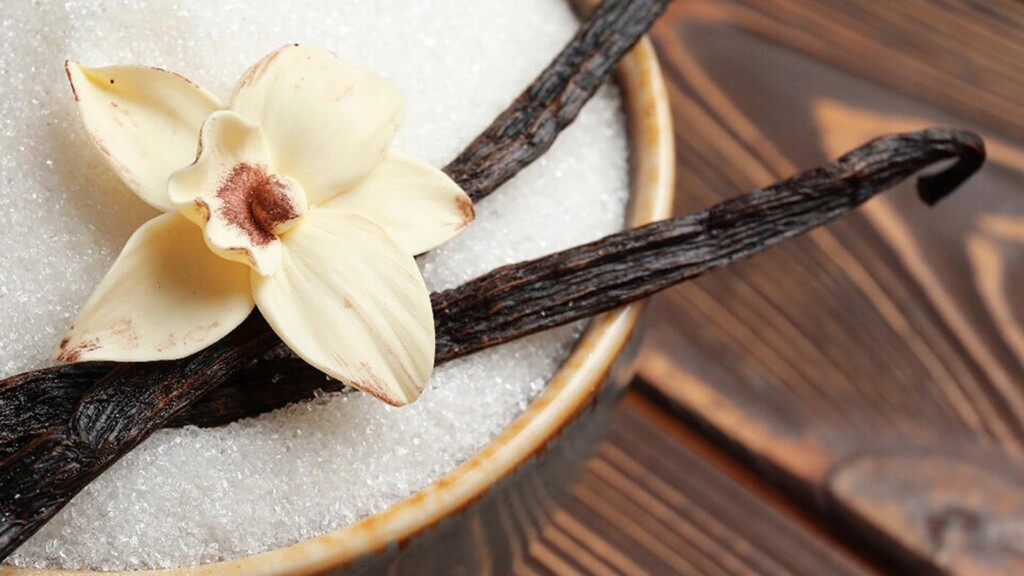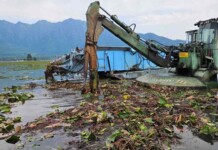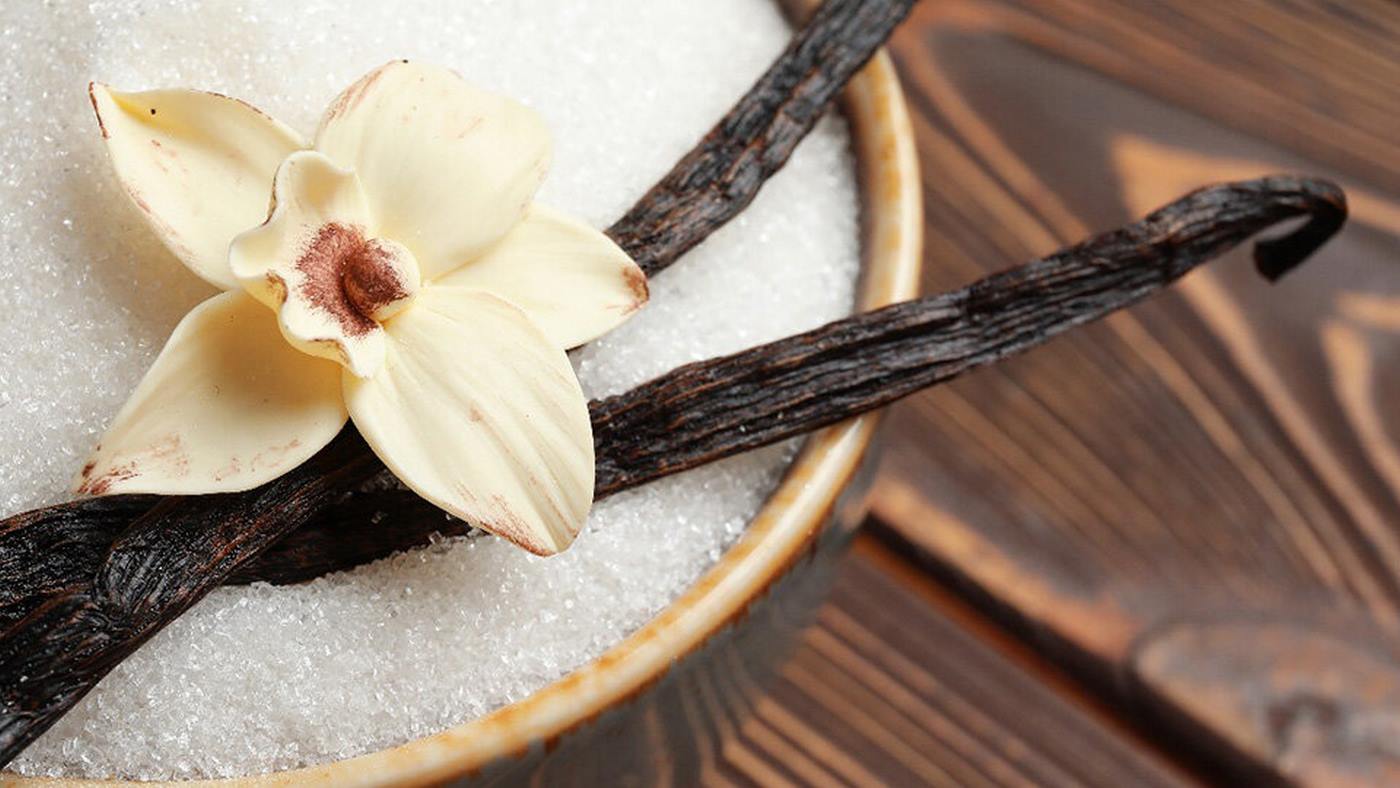
Vanilla, the most widely used flavoring compound in confectionaries and cosmetics, gets its sweet flavor and aroma from the aptly-named chemical compound—’vanillin.’ However, the large-scale production of natural vanillin is essentially non-existent.
Now, researchers from Tokyo University of Science have genetically engineered a novel enzyme that can convert ferulic acid from plant waste into vanillin in a one-step sustainable process that should cause vanilla prices to plummet and free up land for use in cultivating other cash crops.
The product known as vanilla extract is mainly produced from the seed pods of this member of the orchid family, while the plant itself creates vanillin through the conversion of ferulic acid by a naturally produced enzyme with the chemical abbreviation VpVAN.
However, laboratory biosynthesis of vanillin from plant-derived VpVAN yields only very small quantities of vanillin, and is currently commercially impractical. Furthermore, although chemically derived vanilla essences are available cheaply, they do not match the flavor of natural vanilla extract, and the demand for the latter continues to remain high.
The challenges do not stop here as climatic restrictions for the cultivation of vanilla plants, and the relatively small yield obtained per plant, have led to a dwindling supply and a surge in the price of natural vanilla extract.
Addressing these challenges, Professor Toshiki Furuya from the Department of Applied Biological Science at Tokyo University of Science and his graduate students Shizuka Fujimaki and Satsuki Sakamoto have successfully developed an enzyme that generates vanillin from plant-derived ferulic acid.
“Ferulic acid, the raw material, is a compound that can be obtained in abundance from agricultural waste such as rice bran and wheat bran,” explains Professor Furuya. “Vanillin is generated simply by mixing ferulic acid with the developed enzyme at room temperature. So, the established technology can provide a simple and environmentally friendly method for producing flavor compounds.”
A study presenting their new production method was published on May 10 in Applied and Environmental Microbiology.
MORE STORIES LIKE THIS: Indian Man Grows Precious Saffron In a Shipping Container–Wants to Share His Hydroponic Technique With Others
The researchers made their discovery by using genetic engineering approaches to modify the molecular structure of an enzyme called Ado. In its native state, Ado doesn’t have the ability to convert ferulic acid into vanillin.
Analyzing Ado to figure out why, the researchers were able to predict amino acid changes in Ado which would enable its interaction with ferulic acid. On these lines, they conducted a series of experiments by replacing the amino acids phenylalanine and valine with tyrosine and arginine.
The results were immediate and dramatic. The engineered enzyme did not require any cofactors for conversion, unlike other oxidases, and produced vanillin on a gram scale per liter of reaction solution, with a higher catalytic efficiency and affinity than that of the wild-type enzyme.
MORE COST-CUTTING RESEARCH: Simple Scanner the Size of a Coffee Grinder Will Tell You Exactly How Long Fruit and Veggies Will Last
The reaction only required mixing the enzyme, ferulic acid, and air at room temperature, making it a simple, sustainable, and economically scalable process. Furthermore, it was also found to convert p-coumaric acid and sinapic acid, which are compounds obtained from the degradation of lignin—the cell that makes wood.
So far, no microbial or plant-derived enzymes have exhibited the ability to convert ferulic acid to vanillin at an industrial scale. Therefore, the enzyme developed in the current study shows considerable potential for enabling the commercial and economically viable production of natural vanillin.
“Harnessing the potential of microorganisms and enzymes to derive valuable compounds under mild conditions from renewable plant-based resources offers a sustainable approach to minimizing environmental footprint,” said Professor Fukuya.
SHARE This Awesome Invention That Should Cause Vanilla Product Prices to Plummet…




















